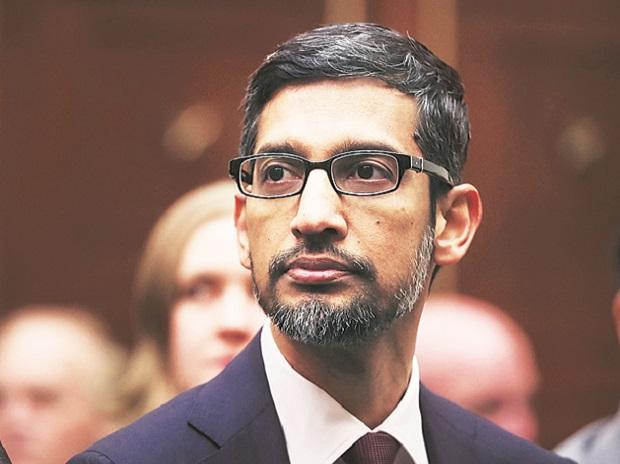Section 230 makes it possible for Google to provide access to a wide range of information while responsibly protecting people from harm and keeping their information private, Sundar Pichai has said.
Section 230 makes it possible for Google to provide access to a wide range of information -- including high-quality local journalism -- while responsibly protecting people from harm and keeping their information private, Alphabet and Google CEO Sundar Pichai has said.
Appearing before a US
Senate hearing along with Twitter CEI Jack Dorsey and Facebook CEO Mark
Zuckerberg late on Wednesday, Pichai said: "I would urge the Committee to
be very thoughtful about any changes to Section 230 and to be very aware of the
consequences those changes might have on businesses and customers".
Section
230 states that "no provider or user of an interactive computer
service shall be treated as the publisher or speaker of any information
provided by another information content provider".
Under the US law, Internet
firms are typically exempt from liability for content that users post on
platforms.
President Donald Trump has
challenged this via executive order which threatens to strip those protections
if online platforms wade into "editorial decisions".
Pichai said that Google is
deeply conscious of both the opportunities and risks the internet creates.
"I'm proud that
Google's information services like Search, Gmail, Maps, and Photos provide
thousands of dollars a year in value to the average American -- for free,"
he said in his remarks.
"We've also taken many
steps to raise up high-quality journalism, from sending 24 billion visits to
news websites globally every month, to our recent $1 billion investment in
partnerships with news publishers".

No comments:
Post a Comment